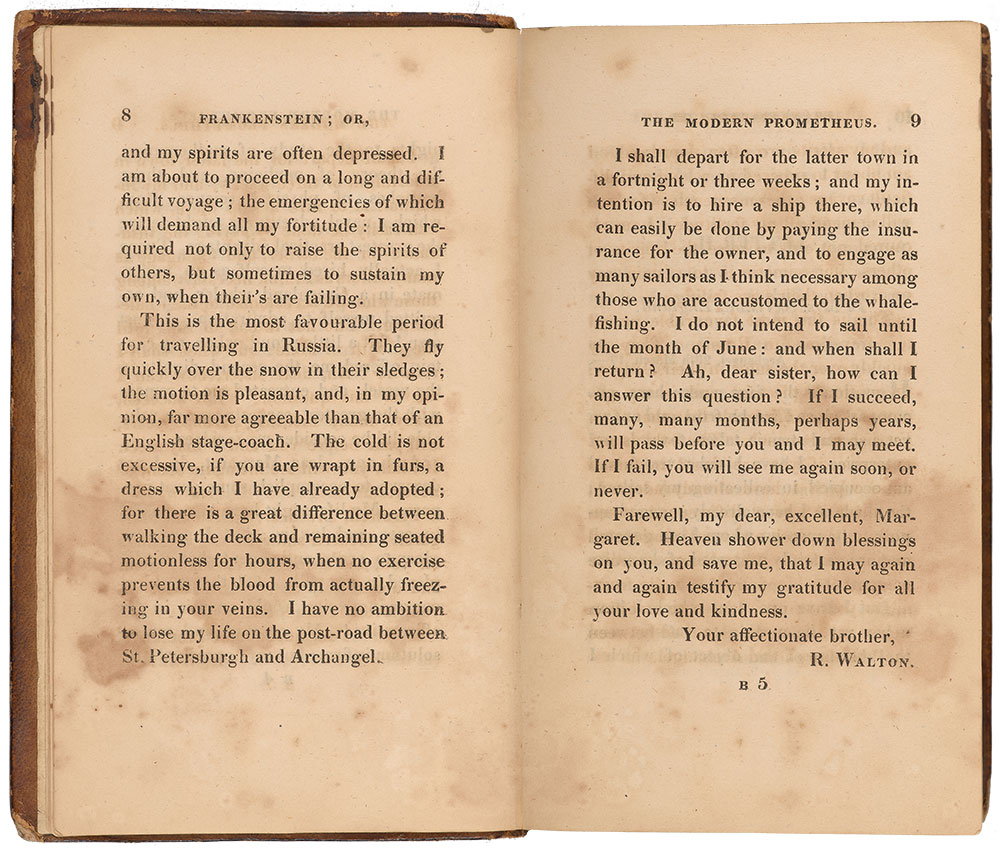
“This wonderful new edition is a happy addition to the critical literature examining the meaning of the tale for our twenty-first-century commitments to heroic science, engineering, and technology.” and Virginia Connolly Mitty Professor, founding head of the Division of Bioethics at the School of Medicine, New York University “This new, remarkable annotated edition of Frankenstein with its accompanying essays brings the ‘modern Prometheus’ flawlessly into our century in a manner sure to inspire scientists and nonscientists in a conversation that Shelley herself might not have foreseen but surely would have encouraged.” Jason Scott Robert is Lincoln Chair in Ethics, associate professor in the School of Life Sciences, and director of the Lincoln Center for Applied Ethics at Arizona State University. Mellor, Alfred Nordmann About the Editorsĭavid Guston is professor and founding director of the School for the Future of Innovation in Society at Arizona State University, where he also serves as co-director of the Consortium for Science, Policy, and Outcomes.Įd Finn is founding director of the Center for Science and the Imagination at Arizona State University, where he is also an assistant professor with a joint appointment in the School of Arts, Media, and Engineering and the Department of English. Douglas, Josephine Johnson, Kate MacCord, Jane Maienschein, Anne K.

Essays byĮlizabeth Bear, Cory Doctorow, Heather E. The result is a unique and accessible edition of one of the most thought-provoking and influential novels ever written. Robinson, one of the world’s preeminent authorities on the text-with annotations and essays by leading scholars exploring the social and ethical aspects of scientific creativity raised by this remarkable story.

This edition of Frankenstein pairs the original 1818 version of the manuscript-meticulously line-edited and amended by Charles E. In our era of synthetic biology, artificial intelligence, robotics, and climate engineering, this edition of Frankenstein will resonate forcefully for readers with a background or interest in science and engineering, and anyone intrigued by the fundamental questions of creativity and responsibility. Although the novel is most often discussed in literary-historical terms-as a seminal example of romanticism or as a groundbreaking early work of science fiction-Mary Shelley was keenly aware of contemporary scientific developments and incorporated them into her story. Victor, “the modern Prometheus,” tried to do what he perhaps should have left to Nature: create life.

Begun as a ghost story by an intellectually and socially precocious eighteen-year-old author during a cold and rainy summer on the shores of Lake Geneva, the dramatic tale of Victor Frankenstein and his stitched-together creature can be read as the ultimate parable of scientific hubris. Mary Shelley’s Frankenstein has endured in the popular imagination for two hundred years.


 0 kommentar(er)
0 kommentar(er)
